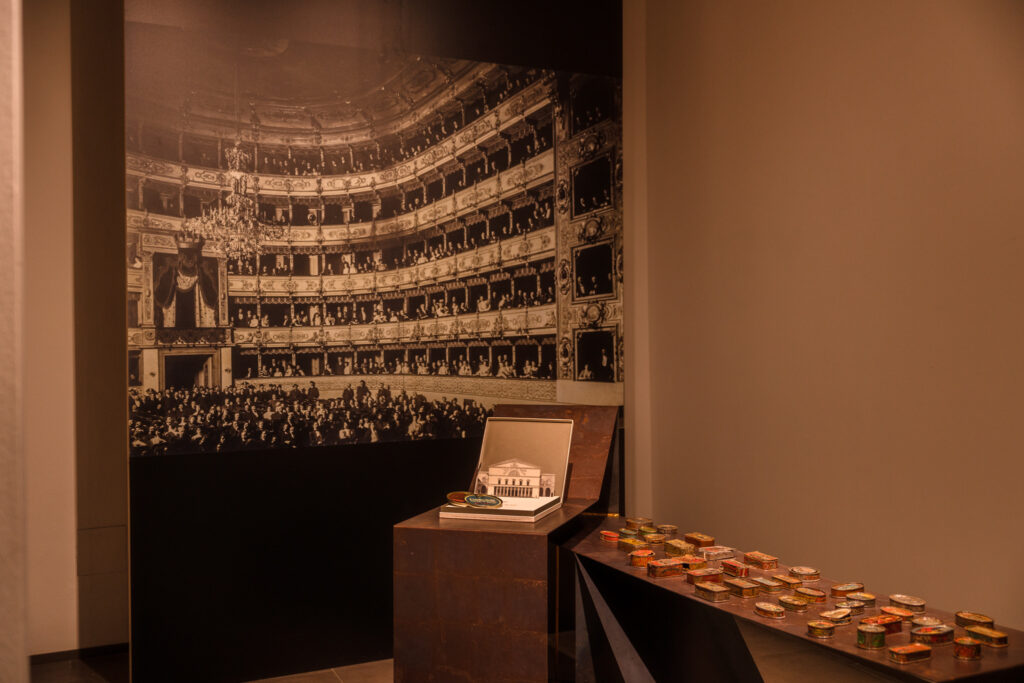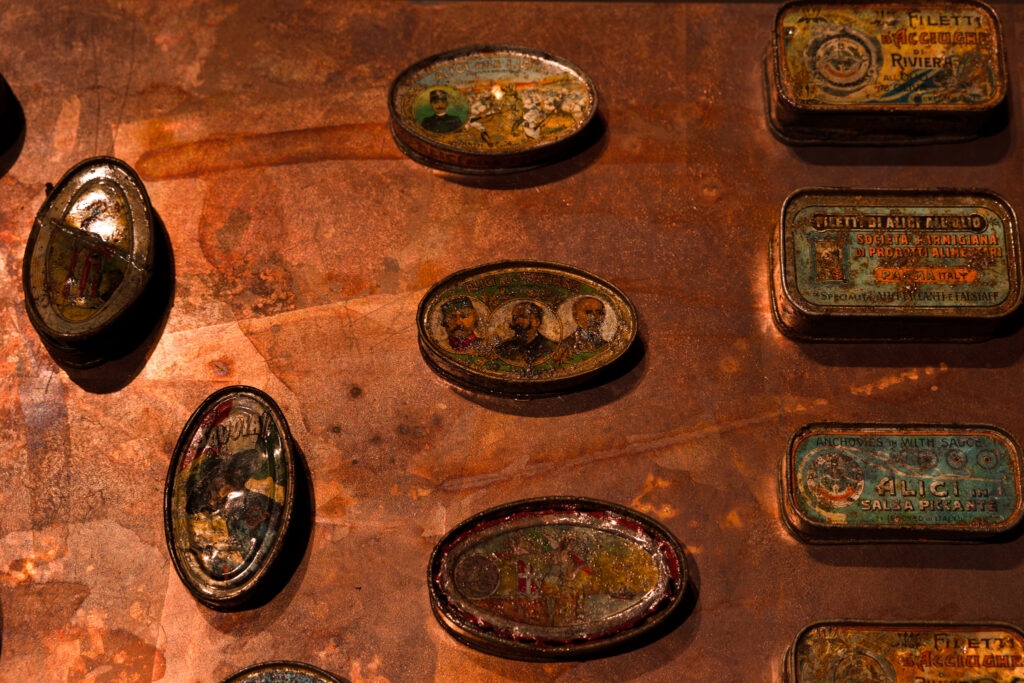
room 3 – LONG LIVE VERDI!
It all began when Napoleon Bonaparte offered a generous prize to anyone who could find a way to store food for a long time, to allow his army a better and safer supply. A French chef Nicolas Appert won the prize, but it was not until years later that French engineer Philippe de Girard invented the tin containers that enabled a wide distribution of canned food. In just a few years, a plethora of brands and canned products inundated the market. At a time when illiteracy was still widespread, tying the success of a product to the manufacturer’s name alone could be a limitation to its recognizability: so the canning industry thought to distinguish itself by usingeasily memorable images such as animals, mythological heroes, famous people. Prominent among them was Parma-born Giuseppe Verdi. “The image of the Fathers of the Fatherland confirms the ideal genealogical construction highlighted by Alberto Mario Banti: “Imagine the nation as a system of descent with its own genealogy or specific historicity”. The first decades after unification shaped the myth of national unity. Verdi with his works embodied a system of narration and representation that consolidated the idea of national unity.
“Verdi is the myth of post-unification Italy. Through the images of Verdi’s characters, the behavior and actions of historical figures are brought to life and linked to the nation’s present: so much so that, due to its popularity, melodrama is read by historians as a powerful means of mass communication”.
CREDITs
© Nastro, Studio MC2 con Paolo Mezzadri
© Estratti musicali: Falstaff, Nabucco, Giuseppe Verdi
© Fotografie Stanze di Andrea Lops




